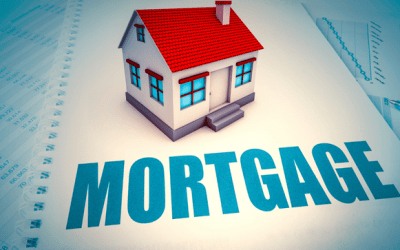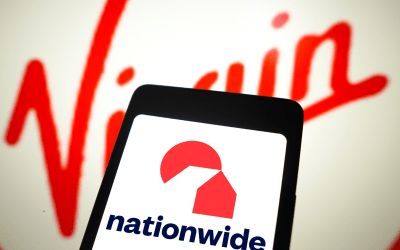Up to one million people each year find themselves out of work due to sickness. Whatever your situation, income protection is something to strongly consider, as you are your largest financial asset. Income protection will ensure that if you are unable to work due to injury or illness, you are financially covered. It is particularly important if you are self-employed, simply because whilst there are many benefits of being your own boss, self-employed people do not receive sick pay.
Setting up an income protection policy gives you peace of mind that should you be unable to work for long periods of time, you and your loved ones are financially secure. Choosing to opt against income protection will mean your whole life will be dramatically altered if you do lose your income. Worryingly, income protection is the most undersold protection cover, but without a doubt the most important type of protection you can have in place.
What is income protection?
Income Protection Insurance is an insurance policy, which pays benefits to policyholders who are incapacitated and hence unable to work due to illness or accident. The amount of income that you are allowed to claim will not replace the exact amount of money you were earning before you had to stop work, you can expect to receive about half to two-thirds of your earnings before tax from your normal job. This is because some money will be taken off to allow for the state benefits that you can claim and the income you get from the policy is tax-free. You will receive monthly payments until you are able to return to work.
Why is income protection so important?
If you find yourself asking ‘Do I really need income protection insurance’, you must first check a few things. How long will your employer pay you if you’re off on long-term sick leave? As most people will not be able to survive on statutory sick pay alone. Be sure to also check that you don’t already have income protection insurance in place through your employer.
Thinking you could survive off your savings if you do lose your income? Think again, as for most people, savings will likely run out within 24 days. Think about how or whether you could actually afford to pay everyday bills such as your rent, mortgage, food, utilities and other general living costs, as well as how you would keep your business going if you are self-employed.
If you don’t have income protection and are self-employed, you will only be able to apply for Employment Support Allowance (ESA), which is a small amount each week that is very unlikely to fully cover the cost of living when out of work. Be aware also that ESA only offers £74 p/w after a 13-week assessment process, so what are you going to use to live and pay bills before your ESA kicks in? ESA and Universal Credit can still be claimed whilst receiving income protection, albeit at a reduced rate.
It is also worth noting that whilst it’s not a critical illness, income support will pay out for absences associated with car crashes and other potentially-fatal incidents. In these cases, most claims are for musculoskeletal followed by mental health.
Whilst many think that they are highly unlikely to get sick, if we can take anything from the pandemic we continue to live through, it’s that in reality you never know what life will throw at you, therefore it is best to be prepared and protected.
How does self-employed income protection work?
The cost of how much you will pay in premiums each month for income protection completely depends on your individual circumstances. Factors such as the type of job you work in, your age, your health and when you want your policy to end can determine the amount you will pay on income protection.
There are a few things to consider when applying for income protection insurance, which include the age that you are planning to retire, the deferral period (when you start receiving payments once you are unable to work) and whether you would like to have a longer or shorter pay-out length. Make sure you read the terms of your insurance policy before signing. You could also look at other options such as life insurance options and how much you have in savings. Everyone’s situation is different so try to ensure that your insurance policy is suitable to your individual needs.
Please be aware that income protection insurance supports you financially if you are unable to work because of injury or illness, not as a result as being unemployed. If you stop paying your premiums, your cover stops and you will not be protected.
Learn more about income protection with Mortgage Solutions Belfast – contact us (📞 02890 642000) to seek expert advice on what income protection plan is best suited to you and your needs.




